Written and performed by Kelvin Roston, Jr., Twisted Melodies imagines the last night of Donny Hathaway’s life, January 13, 1979. Alone with Hathaway in a hotel room in New York City after a recording session, we journey back in time to learn about his past, appreciate his musical genius, and learn about his struggle with schizophrenia. Enveloped in Hathaway’s music, Twisted Melodies offers the opportunity to experience his genius.
Don't wanna be here? Send us removal request.
Text
Twisted Melodies: A Donny Hathaway Story
Thu, May 30 - Sun, Jun 2, 2019
Written and performed by Kelvin Roston, Jr., Twisted Melodies imagines the last night of Donny Hathaway’s life, January 13, 1979. Alone with Hathaway in a hotel room in New York City after a recording session, we journey back in time to learn about his past, appreciate his musical genius, and learn about his struggle with schizophrenia. Enveloped in Hathaway’s music, Twisted Melodies offers the opportunity to his genius.

“Twisted Melodies,” was initially called “Psychology of a Genius,” and was created by Kelvin Roston, Jr. as a one – man, 30-minute show at The Black Rep in St. Louis. https://bit.ly/2WdfWUD The play will have its run at the Apollo Theater May 30 – June 2, 2019
1 note
·
View note
Text
Donny Hathaway (1934 - 1979)
Though only 34 when he died, Donny Hathaway’s flowing creativity remained in the hearts and minds of people who fell in love with his sound during the late 1960s and through much of the 1970s.
Mrs. Martha Pitts
Drusella Huntley was Donny Hathaway’s mother, but his grandmother, Mrs. Martha Pitts, reared him. In her house, there was only room for music of praise. Nothing secular was to be played. She was an evangelist and a musician, who was known on the Gospel circuit as a singer. Hathaway, then known as Donny Pitts, was raised in Trinity Baptist, in St. Louis, Missouri. When he was three, Mrs. Pitts began teaching him how to play the piano. During services, he sang and played, refining his natural talents in the Black church, keeping with its’ tradition of exceptional musicality that immediately communicates deep emotion.
A Full Ride
Howard University’s music school, in the early 1960s, generally focused on European classical music, so it’s clear that the soon-to-be, standard-setting, soulful, R & B performer was comfortable in another musical realm. Hathaway’s accomplishments and gifts gained him a full ride to the prestigious university. He intended to complete his degree there, but fate had other plans: He was on stardom’s path, and Howard was where he met many show business collaborators, particularly his musical soulmate, Roberta Flack. He also met his future wife, Eulaulah, a classically trained vocalist.

The Black and Gold: Alpha Phi Alpha ΑΦΑ
There is a long list of accomplished Black men, who were and are members of Alpha Phi Alpha, the oldest intercollegiate Greek-letter organization for African American men in the United States. Hathaway was one of them. Others who wore the black and gold are Adam Clayton Powell, Jr., Paul Robeson, Martin Luther King, Jr., Supreme Court Justice Thurgood Marshall, New York City Mayor David N. Dinkins. Still living the Alpha vow of excellence are Gerald Albright, smooth jazz recording artist, and actor Omari Hardwick. https://bit.ly/2QcEEPK
0 notes
Text
Stepping Into the Secular: Gigging in D.C. with the Ric Powell Trio
While he was studying at Howard, Hathaway became a member of drummer, Ric Powell’s jazz trio. This was a big deal for Hathaway, because his religious upbringing instilled in him that secular music was the devil’s music. Many members of holiness churches believed that any properly raised, God-fearing Gospel musician, who went into the Pop realm would wind up like Sam Cooke, who was murdered in the early 1960s under mysterious circumstances.
During an audition of the trio at Billy’s, a popular D.C. nightspot, the club owner told Powell that his band needed a singer. Hathaway only knew three secular songs. One of them was Ray Charles’s “Georgia on My Mind.” The Ric Powell Trio was booked immediately and went on to make a name for itself in Black and white clubs, both Uptown and Downtown.
Around this time, Curtis Mayfield visited D.C., experienced the Hathaway magic and everything he could do, and invited him to come to Chicago to work at Curtom Records.
0 notes
Quote
When I think of music, I think of music in totality.
Donny Hathaway, 1973 recorded interview
1 note
·
View note
Text
A Musician’s Musician: An Arranger Extraordinaire
Roberta Flack said that Hathaway had “a lot of Bach in him,” and Hathaway called himself a “country music freak.” Ric Powell said, “Donny was like Duke Ellington. The orchestra was his instrument.” Quincy Jones said, “When you spend your life trying to be a musician, you know a real one when you hear it …and Donny Hathaway was a real musician.” He worked with everyone from Unifics to Willie Nelson to the Staple Singers to Aretha Franklin, and inspired the likes of George Benson, who recorded Hathaway’s instrumental “Valdez in the Country” on his 177 album “In Flight”. https://bit.ly/2VRFuHM

Hathaway’s virtuoso piano playing, composition, orchestration, and arranging allowed him to create masterpieces across genre. His special touch seemed to ensure that hits and other outstanding songs were created. He worked for Curtom Records, Chess, and Stax before breaking out on his own.
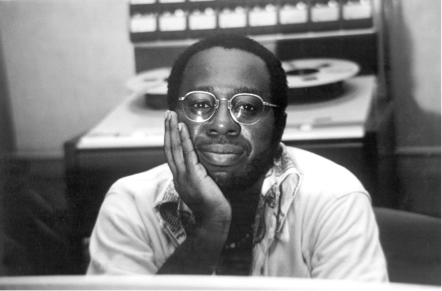
1 note
·
View note
Link
0 notes
Text
Gone Away
For a short stint, Hathaway was a musical director for the Impressions. “Gone Away,” a song he penned with his Howard roommate, Leroy Hutson, and Curtis Mayfield was recorded by a few artists including The Impressions. Roberta Flack included it on her King Curtis produced album Chapter Two. Lovelace Watkins and Queen Latifah also recorded versions of the song.

2 notes
·
View notes
Link
2 notes
·
View notes
Link
0 notes
Text
Willie Nelson
A multifaceted musician with an appreciation for numerous genres, Hathaway arranged the strings for Willie Nelson’s song, Shotgun Willie.
youtube
0 notes
Text
Talkin’ ‘Bout the Ghetto
Following the assassination of Martin Luther King, Jr., the uprising in Washington, D.C. inspired Hathaway and his Howard U. roommate, Leroy Hutson, to pen “The Ghetto.” It was Hathaway’s breakthrough song. The piece captured the energy of “place,” and is a classic.
youtube
2 notes
·
View notes
Text
Contemporaries
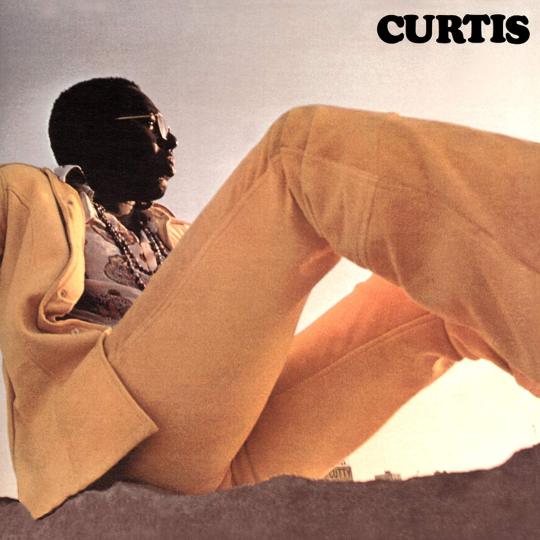
Curtis Mayfield, Curtis, 1970
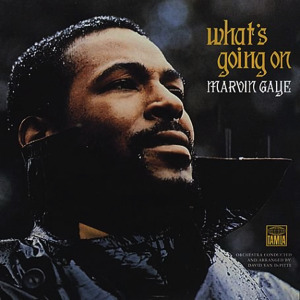
Marvin Gaye, What’s Going On, 1971
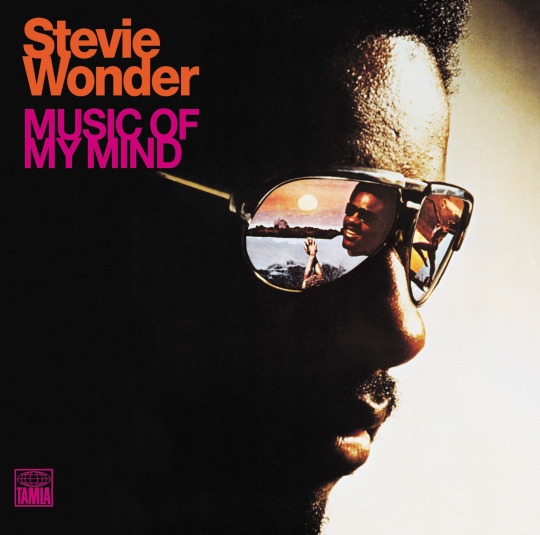
Stevie Wonder, Music Of My Mind, 1972

Donny Hathaway, Extension of a Man, 1973
2 notes
·
View notes
Photo

Ed Pavilć’s 2008 book of poems explore the complexities of Hathaway’s life.
1 note
·
View note
Link
0 notes
Text
This Christmas
Hathaway and Nadine McKinnor wrote this seasonal song that has become a standard part of many performers’ holiday offerings.
'This Christmas': How a Chicago postal worker and Donny Hathaway created a holiday classic - Chicago Tribune https://bit.ly/2WiU4ao
Writer, scholar and cultural critic Emily J. Lordi, has written extensively about Hathaway music and life, including his 1972 recorded concert album Donny Hathaway Live, the song This Christmas and Hathaway’s marriage and musical collaboration with his wife Eulalah.
The Holiday Brilliance of Donny Hathaway’s “This Christmas” - The New Yorker https://bit.ly/2wcn2tX
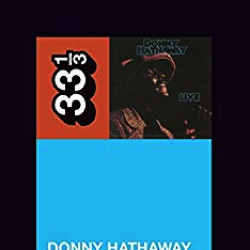
0 notes
Text
I Hear Voices, I See People
The title of Hathaway’s first studio album was “Everything is Everything,” which was early-1970s talk for “everything is fine,” but, in Hathaway’s case, it wasn’t. He was carrying the burden of a severe mental illness — paranoid schizophrenia — for which treatment was (and still is) difficult. The album’s lead song, “Voices Inside (Everything is Everything),” was co-written by Hathaway, Powell, and Phil Upchurch. The lyrics seem to describe Hathaway’s “internal life,” contending with hallucinations. How hard it seems for someone so afflicted to function from day to day. For Hathaway, it eventually became impossible.

youtube
2 notes
·
View notes
